Ep. 52: Kevin Esvelt – Head of MIT Media Lab Sculpting Evolution group ||
.
On episode 52 we welcome Kevin Esvelt, Director of the MIT Media Lab Sculpting Evolution group. At the Media Lab Esvelt and his world class team of geneticists & biologists invent new ways to study and influence the evolution of ecosystems. By carefully developing and testing these methods with openness and humility, the group seeks to address difficult ecological problems to benefit humanity & the natural world.
Prior to joining the MIT Media Lab, Esvelt wove many different areas of science into novel approaches to ecological engineering. He invented phage-assisted continuous evolution (PACE), a synthetic microbial ecosystem for rapidly evolving biomolecules, in the laboratory of David R. Liu at Harvard University. At the Wyss Institute, he worked with George Church to develop the CRISPR system for genome engineering & regulation, and he began the use of bacteriophages and conjugation to engineer microbial ecosystems.
.
Esvelt is credited as the first to describe how CRISPR gene drives could be used to alter the traits of wild populations in an evolutionarily stable manner. And recently, he and his Sculpting Evolution group devised a new form of technology, called ‘daisy drives’, which lets communities aiming to prevent disease alter wild organisms in local ecosystems.
.
Esvelt offers some of the clearest descriptions of GMOs, CRISPR gene editing, a scientist’s role as God while wielding the power of modern tech, and what we should do about the whole ball of wax as a society during our hour discussion. Whether you’re interested in Genetic Engineering or Fitness Landscapes defining evolutionary biology – this your episode. I was just happy just to be along for the ride.
.


 Faruqi’s previous work ‘Project Animal Farm’ was released in 2015. This non-fiction work looked at the world’s food system through chronicling a journey to 60 animal farms in 8 countries. Faruqi combines her hands-on immersive learning with analysis on modern global agricultural models. The well researched book comes in tow with recommendations, and food sustainability solutions for many of these international issues. She has some heavy hitters in food, agriculture and ocean health singing her praises.
Faruqi’s previous work ‘Project Animal Farm’ was released in 2015. This non-fiction work looked at the world’s food system through chronicling a journey to 60 animal farms in 8 countries. Faruqi combines her hands-on immersive learning with analysis on modern global agricultural models. The well researched book comes in tow with recommendations, and food sustainability solutions for many of these international issues. She has some heavy hitters in food, agriculture and ocean health singing her praises.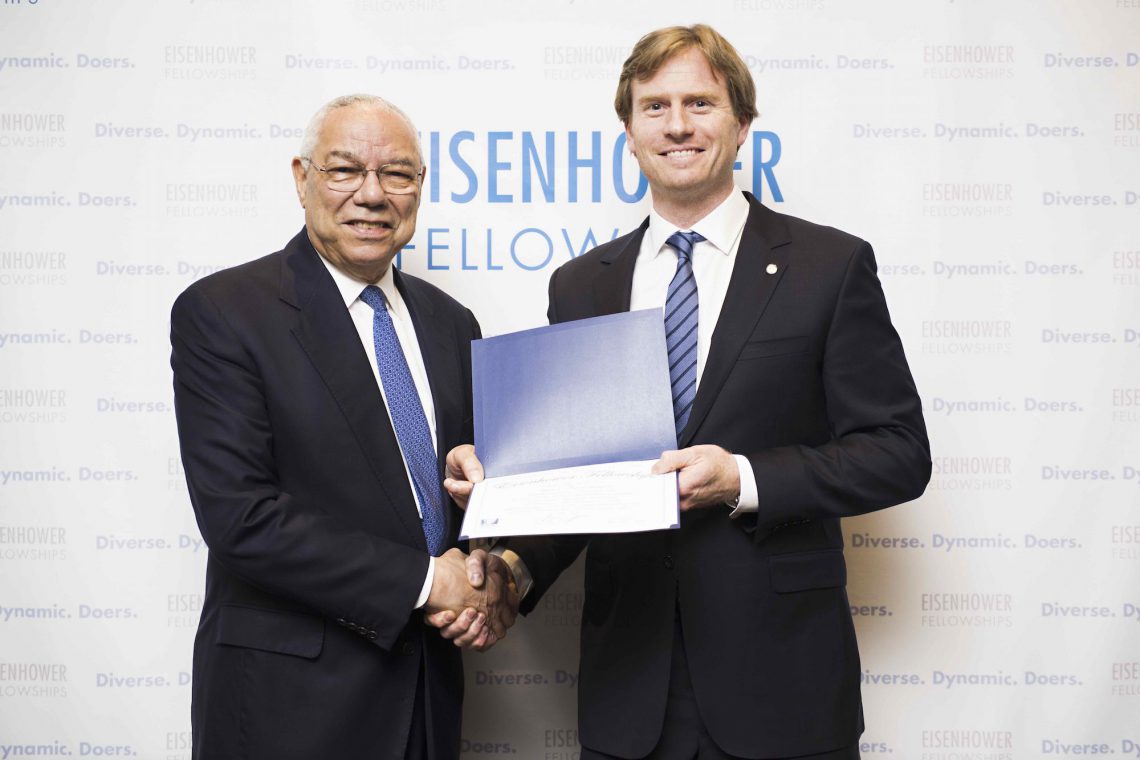
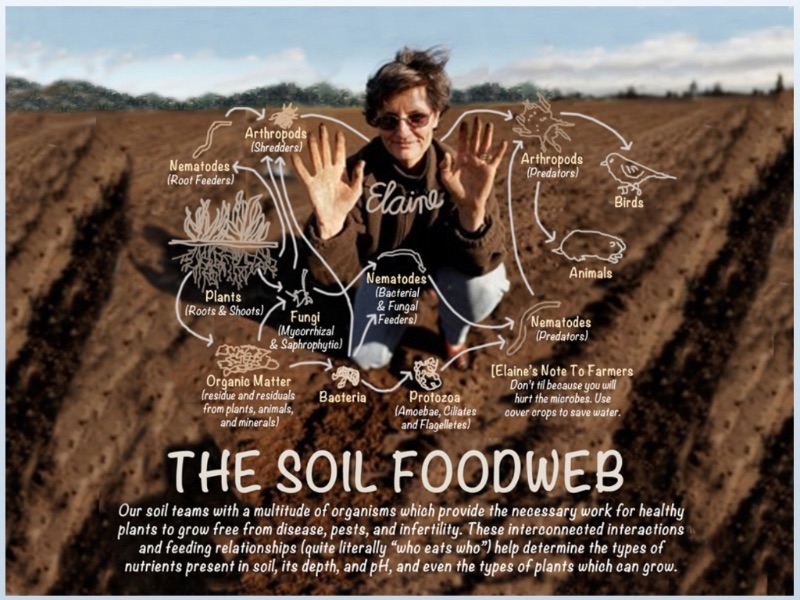
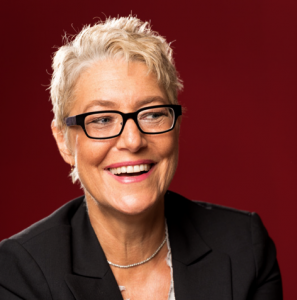 For episode 49 of Sourcing Matters we focus on Karp’s recent project – “Investigating the Role of Women, Capital, and the Transformation of Food and Agriculture.” Co-chaired by leadership at AgFunder and ‘The New Food Economy’, this analysis sets to find some answers to timely and important questions that we all need to pay more attention to. As sons, husbands, brothers & fathers – we all need to pay better attention too. Since establishing Karen Karp & Partners in 1990 she’s focused efforts on developing a range of bespoke strategies that explore the interconnections between agriculture, food, policy and people, and how to marry common interests of the for-profit and nonprofit sectors. KK&P has grown to become a nationally respected boutique consultancy with a uniquely skilled staff and a diverse roster of clients – including nearly a decade co-producing the James Beard Foundation conference.
For episode 49 of Sourcing Matters we focus on Karp’s recent project – “Investigating the Role of Women, Capital, and the Transformation of Food and Agriculture.” Co-chaired by leadership at AgFunder and ‘The New Food Economy’, this analysis sets to find some answers to timely and important questions that we all need to pay more attention to. As sons, husbands, brothers & fathers – we all need to pay better attention too. Since establishing Karen Karp & Partners in 1990 she’s focused efforts on developing a range of bespoke strategies that explore the interconnections between agriculture, food, policy and people, and how to marry common interests of the for-profit and nonprofit sectors. KK&P has grown to become a nationally respected boutique consultancy with a uniquely skilled staff and a diverse roster of clients – including nearly a decade co-producing the James Beard Foundation conference.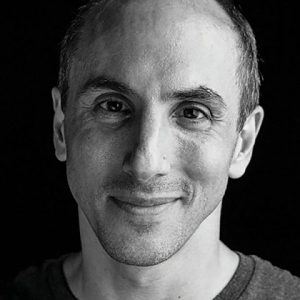 After working alongside some of the world’s best chefs at Square One, Le Cirque, and La Bernadin – Michael Leviton returned to his hometown of Newton, Massachusetts in 1999 to open Lumière. In Lumière’s first two years in business, the restaurant was recognized as one of the Best New Restaurants in America by Bon Appétit, and Michael was named a Best New Chef by Food & Wine. In 2011, Leviton opened Area Four, a wood-burning oven/bar and attached coffeehouse/bakery. Modern and minimalistic in both menu and design, each property earned local and national recognition for serving highest quality product, sourced locally and all scratch made, at a price point and in a setting that is accessible to all.
After working alongside some of the world’s best chefs at Square One, Le Cirque, and La Bernadin – Michael Leviton returned to his hometown of Newton, Massachusetts in 1999 to open Lumière. In Lumière’s first two years in business, the restaurant was recognized as one of the Best New Restaurants in America by Bon Appétit, and Michael was named a Best New Chef by Food & Wine. In 2011, Leviton opened Area Four, a wood-burning oven/bar and attached coffeehouse/bakery. Modern and minimalistic in both menu and design, each property earned local and national recognition for serving highest quality product, sourced locally and all scratch made, at a price point and in a setting that is accessible to all.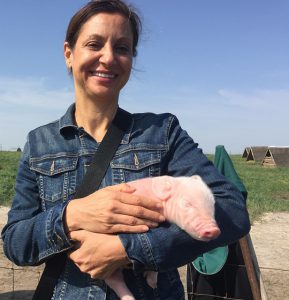 The “ChooseFood” gathering was a collective effort of the Johns Hopkins Berman Institute of Bioethics, the Johns Hopkins Bloomberg School of Public Health, and the Hopkins Center for a Livable Future. The goal of the event was to evaluate the broad reaching ethics of food, and its production. Issues like Labor, environmental impact, externalities, animal welfare, health risk factors & new tech were all part of the ethical questions for food. Maisie was asked to share with the group some of the impact her work has had, and how the commitments at Bon Appétit have influenced some vast changes in the foodservice industry.
The “ChooseFood” gathering was a collective effort of the Johns Hopkins Berman Institute of Bioethics, the Johns Hopkins Bloomberg School of Public Health, and the Hopkins Center for a Livable Future. The goal of the event was to evaluate the broad reaching ethics of food, and its production. Issues like Labor, environmental impact, externalities, animal welfare, health risk factors & new tech were all part of the ethical questions for food. Maisie was asked to share with the group some of the impact her work has had, and how the commitments at Bon Appétit have influenced some vast changes in the foodservice industry.